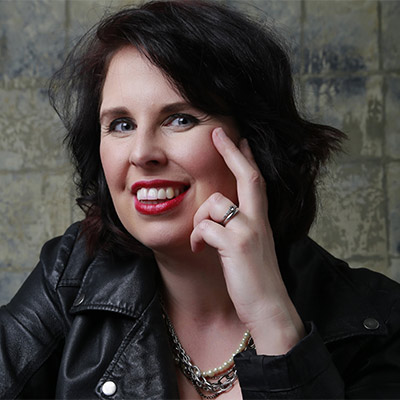How can I make bedtime easier?
There’s a genetic component to our need for sleep, so the number of hours varies between families. However much sleep your child needs, they’re far less likely to get it if they’re checking their screens at bedtime. In a 2019 study of 6,000 adolescents, those who used their phones in bed were likely to get to sleep later and to have less refreshing sleep.
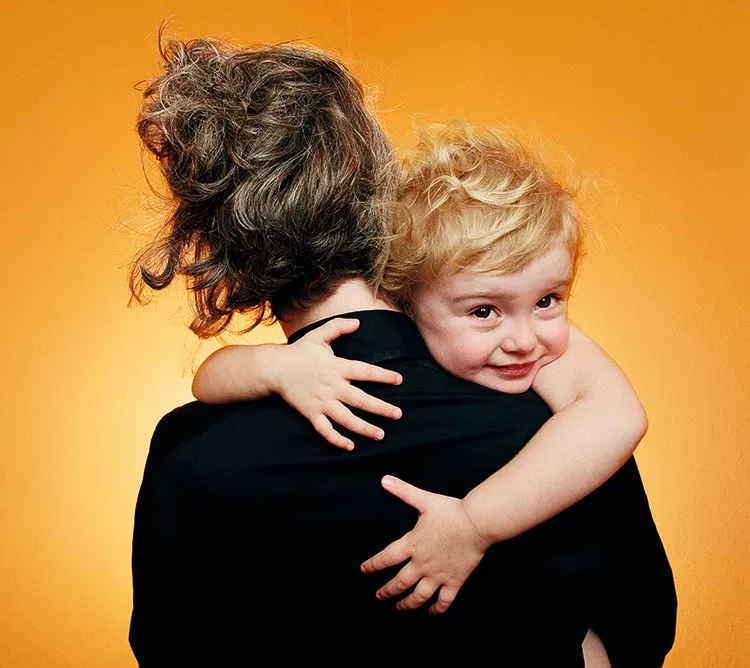
Most of us, adults and children alike, aren’t getting enough sleep. But research shows that consistent bedtime behaviour work wonders. An online survey of over 1,000 families showed that a regular routine leads to better sleep for all the family. It doesn’t matter what that routine consists of, as long as it’s consistent. Sleep patterns are a matter of habit.
How important is playtime?
Play is what teaches us how to be human. Children around the globe have been observed play-acting the things they see their parents doing.
For example, in a study from 2011, Prof Artin Göncü and Prof Suzanne Gaskins watched four-year-olds at play around the world. Yucatán children play at making tortillas; children in urban Europe play at going to the office. Based on their observations, Göncü and Gaskins argue that play is a social apprenticeship – it allows children to understand and to prepare for their place in the world.
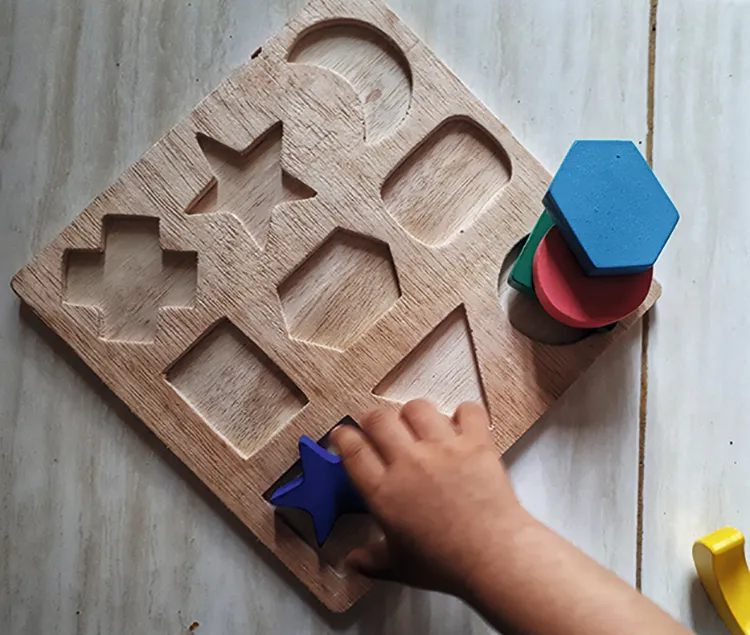
What’s more, children learn better when they’re allowed to be playful. For example, in 2009 Dr Karen McInnes and her colleagues at the University of South Wales gave children jigsaw puzzles to complete.
Half of the group were given a fairly formal setup: they were told to sit at the table and instructed to focus on the task. The other half were allowed to sit on the floor and given encouragement rather than instructions. While the floor-sitting group seemed more distracted and unfocused, they were much quicker to solve the puzzles than those who had ‘studied’ them.
Play may look silly, chaotic or meaningless, but it’s the way we’re wired to learn.
Is screen time truly bad for children?
Like so many things, the poison is in the dose. Studies by Prof Dorothy Singer and Prof Jerome Singer, child development experts at the Yale School of Medicine, suggest that watching educational shows (and discussing them afterwards) are great for children’s vocabulary.
We shouldn’t be overly worried about gaming either. A 2019 study of 180 adolescents found that those who played cooperative online games with friends had stronger, healthier friendships after a gaming session – although competitive games tended to damage feelings of friendship, at least temporarily.
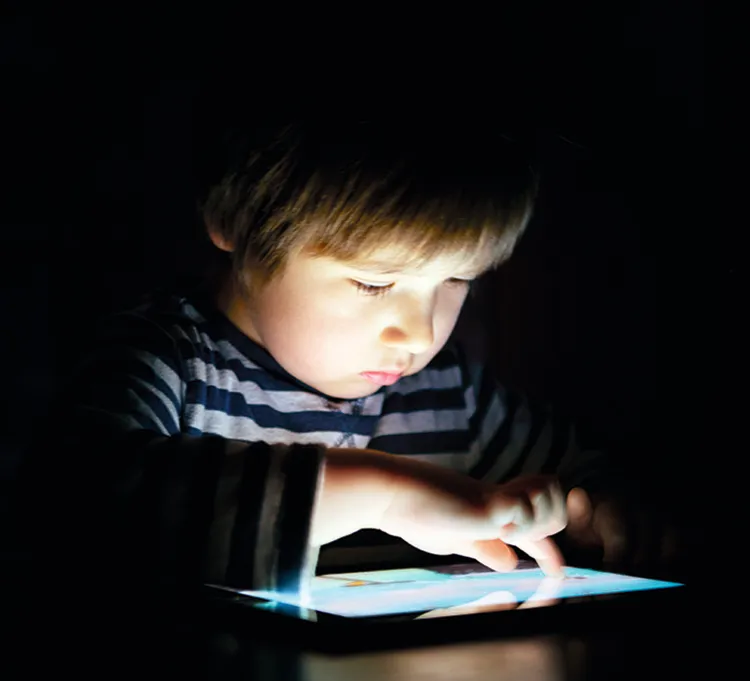
There’s one type of screen use that is harmful: our own. Research from an international study in 2012 strongly suggests that the more time we, as parents, spend in front of screens, the less time we spend interacting with our children. In turn, this slows down their social, cognitive and linguistic development. It’s definitely worth making time for device-free dinners and screenless socialising with your kids.
Does ‘baby talk’ make a child smarter?
While humans come into the world more dependent than any other mammal, our hearing is surprisingly advanced. Studies show that babies have learned the rhythms of their maternal language some time in the final few weeks of their stay in the womb.
Babies are born listeners, but their ability to express themselves can only develop with our help and that means a couple of years of highly repetitive ‘baby talk’.
The patterns of infant- and child-directed speech are linguistically very sophisticated. Studies from the mid-20th Century show that caregivers tend to follow an almost universal set of stages when speaking to their children. First come the repetitive one- or two-word phrases (“Look! Doggy.” “Nice doggy.”).
As babies master those single words, caregivers start to make their sentences slightly longer (“Look at the doggy.”). And then, as short sentences are mastered, we start to add abstract concepts such as sensations, then emotions, then beliefs and desires.
When you unselfconsciously use ‘baby talk’ you’re providing your child with a perfectly graduated linguistic apprenticeship, so keep on talking!
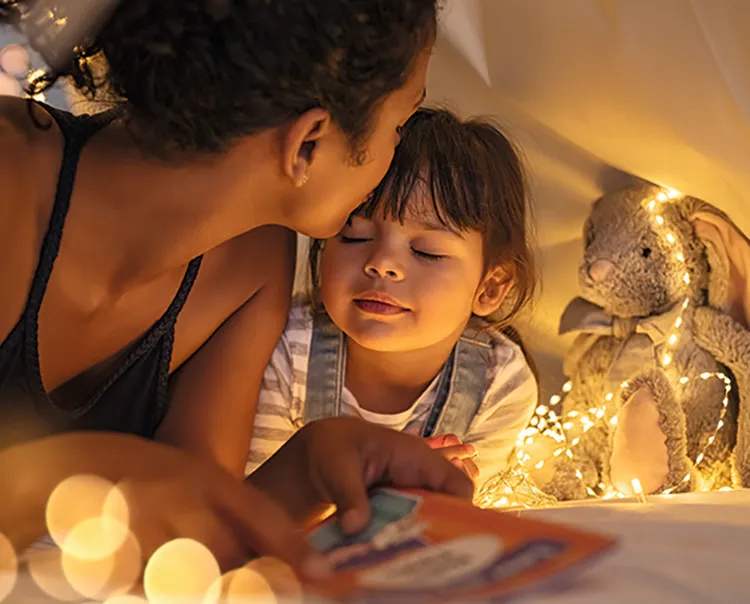
What is the biggest parenting myth?
That you have to be perfect. No one has a foolproof recipe for raising your child because they – and you – are unique. That means parenting, like scientific research, involves a lot of trial and error. Make amends when you make mistakes. And stay curious, creative and compassionate.
Read more:
- What causes people’s perspectives to change once they become parents?
- Why do kids normally grow up to be taller than their parents?
- Do intelligent people have more intelligent children?
- Will it ever be possible for a same-sex couple to have a biological baby together?
To submit your questions email us at questions@sciencefocus.com (don't forget to include your name and location)
